(QBĐT) - In the famous "eight famous incense" of the land of learning "Son-Ha-Canh-Tho-Van-Vo-Co-Kim", there is La Ha village in Quang Van commune (Ba Don town). On September 9, 2024, the Provincial People's Committee issued Decision No. 2567/QD-UBND recognizing the Tran Duoi La Ha family temple as a provincial historical relic. So who does the Tran Duoi family temple worship that is recognized with this valuable title?
Some features of the Tran Duoi family
La Ha village currently has nearly 20 families, of which 5 large families have contributed to the establishment of the village, among those 5 families is the Tran Duoi family.
Going back in history, the ancestor of the Tran Duoi family was Tran Huu Le, whose real name was Van Le, from Ky Anh district, Ha Tinh province. During the early Le dynasty, Hong Duc era (1470-1497), he and the ancestors of other families such as Mai Quang Minh, Tran Khoat Dat... came to this land to reclaim the land and established La Ha village.
The Tran family in La Ha village is not only one of the families that has contributed to the reclamation and establishment of the ancient La Ha village, Quang Van commune today, but also a family with a tradition of studiousness with many people who are good at studying, passing exams with high scores, being assigned to hold many important positions in the royal court as well as in the localities, having many achievements and contributions to the homeland and the country.
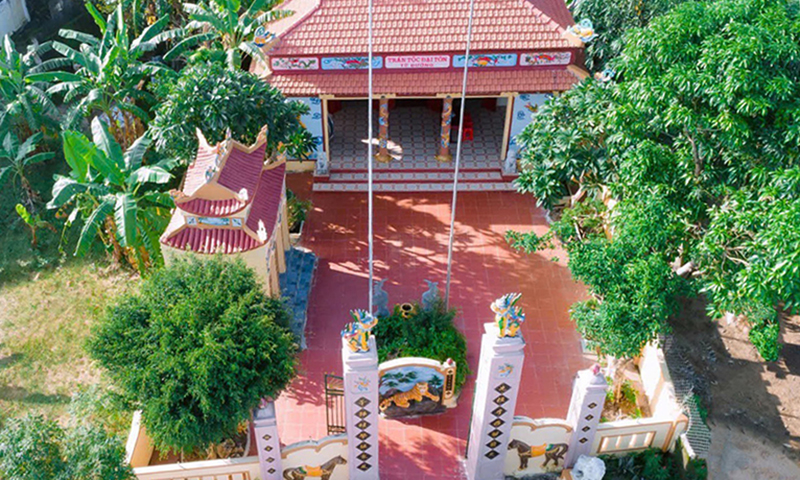 |
The first person to mention in the academic success and fame of the Tran family in La Ha village is Dr. Tran Van Chuan.
Tran Van Chuan, whose courtesy name was Truc Chi, was born in the year of Binh Than (1836), the 10th ancestor of the Tran Duoi family in La Ha village. As a child, Tran Van Chuan showed himself to be intelligent, grew up to be well-educated, and talented. In the book Dai Nam Nhat Thong Chi , the Nguyen Dynasty historian summarized his life as follows: “... from Minh Chinh district, passed the Doctorate exam in the 15th year of Tu Duc (1862), served as Thanh Hoa Inspector, and was appointed Deputy Envoy to Yen Kinh. When he returned, he was given the position of Thi Giang Hoc Si, Tham Bien Cac Vu (i.e. Cabinet). In the 33rd year (1880), he became the Governor of Nghe An ... Then promoted to Minister of Public Works, in charge of merchant ship affairs, and was appointed Deputy Imperial Envoy to Bac Ky...”.
50 years old, nearly 30 years as an official, he was both a civil and military mandarin and at times a diplomat . Regardless of his position and title, he always devoted all his strength and intelligence to serving the court, helping the people and the country. He was a talented and virtuous mandarin, both caring and visionary, exemplary, honest, highly respected by the people and remembered for his achievements. In 2012, the People's Committee of Quang Binh province decided to name a street in Dong Hoi City after him.
The second person to mention is Mr. Tran Van Thuc - the younger brother of Doctor Tran Van Chuan. Although his father died when he was only 5 years old and life was difficult, he and his brother still studied hard. In 1868, he took the provincial exam and passed the bachelor's exam. After passing the exam, he was appointed by the royal court as a teacher. He was also a virtuous and talented mandarin, loved and respected by the people.
The third person was Mr. Tran Van Cu, whose given name was Nguyen Quang - the eldest son of Doctor Tran Van Chuan. Inheriting his father's intelligence and the family's tradition of studiousness, he studied hard from a young age and passed the bachelor's exam at the age of 20[1]. He was the first District Chief when Tuyen Hoa district was newly established after his father - Doctor Tran Van Chuan submitted a memorial and was approved by King Tu Duc, Tuyen Hoa district, Quang Binh province was established in 1875.
In the early days of its establishment, the population was sparse, the terrain was mountainous, transportation was difficult, the climate was harsh, and Tuyen Hoa district faced many difficulties. Although he had only been the District Chief for less than a year, he had encouraged people to open roads, open schools, establish markets, reclaim land and expand cultivated land, arrange rocks to build embankments, stream banks, prevent landslides, and prevent wild animals from catching pigs, chickens, buffaloes, and cows... Not only was he a District Chief devoted to the people and his homeland, he was also a doctor, treating and saving people. With his accumulated knowledge and personal experience, he had cured many people in the village and district, and was trusted and respected by the people.
In addition to the above-mentioned mandarins, through the examinations under the Nguyen Dynasty, the five branches of the Tran Duoi family also had many people who passed the exams from bachelor to bachelor, contributing to the glory of the family and the La Ha learning village, such as: Tran Van Luu - bachelor of Tan Ty exam 1821, Tran Man - bachelor of Giap Ngo exam 1834...
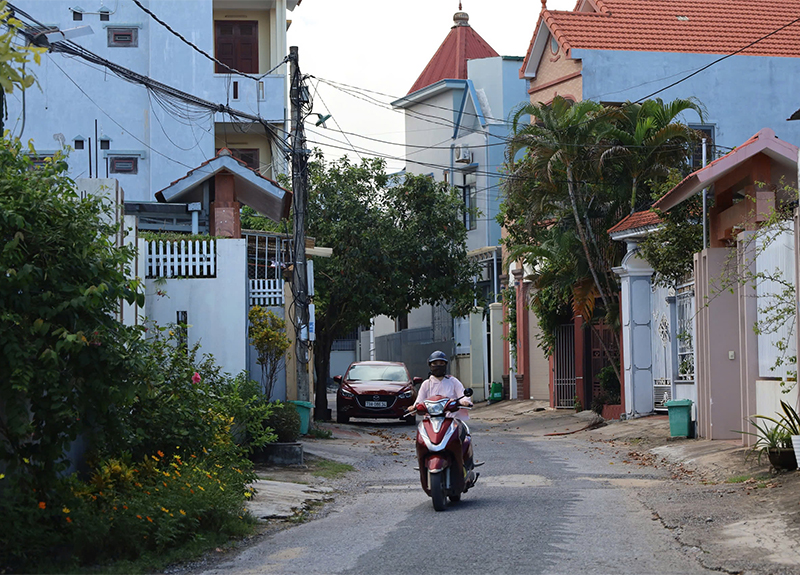 |
In the early days of the French colonialists' return to invade, at the end of October 1947, in Nam hamlet, La Ha village, the Tu Thuy Party cell of Ninh Trach commune was established. This was the first party organization in La Ha with the participation of Mr. Tran Trong Cach, Mr. Tran Ty, Mr. Tran Vi, Mr. Tran Cuoi; in which Mr. Tran Ty was a son of the Tran Duoi family in La Ha village. During the resistance war against the US to save the country, the Tran Duoi family in La Ha village had to suffer much pain and loss when there were 47 martyrs who sacrificed their lives on the battlefields K, B, C and 9 Vietnamese Heroic Mothers, including 2 mothers who were daughters and 7 mothers who were daughters-in-law of the family.
Connecting the past with the present
Carrying forward the tradition of their ancestors, the next generations of the Tran Duoi family in La Ha village have many people who are good at studying, have achieved high results, are officials holding important positions at the provincial and central levels, and have made many contributions to their homeland and country. In the cause of innovation, the descendants of the Tran Duoi family have both strived to develop the family economy and contributed to building their homeland and new rural areas. Descendants living far away always turn to their homeland and roots, actively contributing funds to preserve and promote the tradition of learning and passing exams of their ancestors and contributing to building their homeland to become more and more prosperous.
Mr. Tran Van Hoa is a typical son. He is the 14th descendant of the Tran Duoi family. Although his family was poor, his parents' house at that time had to be converted from a cowshed to a house, but he studied well. After decades of struggling in the business world, he now has a stable career. In gratitude to his ancestors, he and his wife set out to restore the family temple. With the support of the local government, the family temple was completed and has now become a historical relic of the province...
Along with local historical and cultural relics such as La Ha communal house, Ta family church, Tran Coi family church, this place will be an address attracting tourists to visit and research the land-island village full of difficulties but famous for its studiousness in Quang Binh.
Tran Thanh Khe
(1) According to the Monuments Biography of Le Thi Hoai Huong and Nguyen Thi Phuong.
Source: https://www.baoquangbinh.vn/van-hoa/202410/ho-tran-duoi-vien-ngoc-cua-dat-hoc-la-ha-2221706/


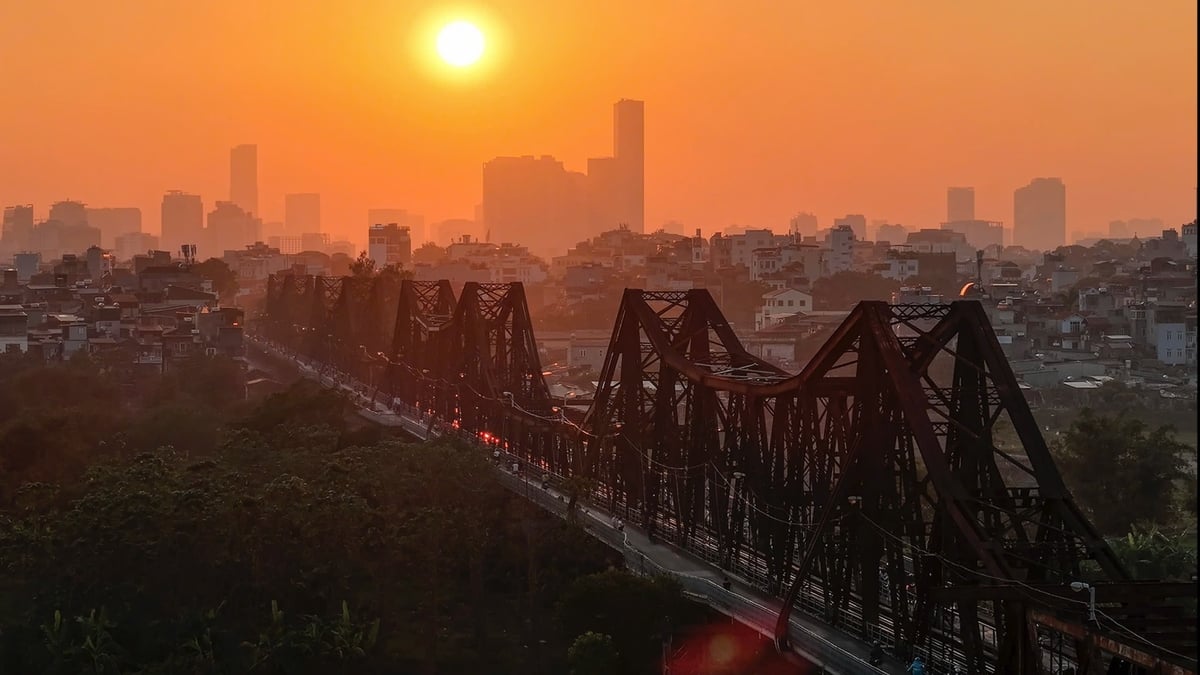
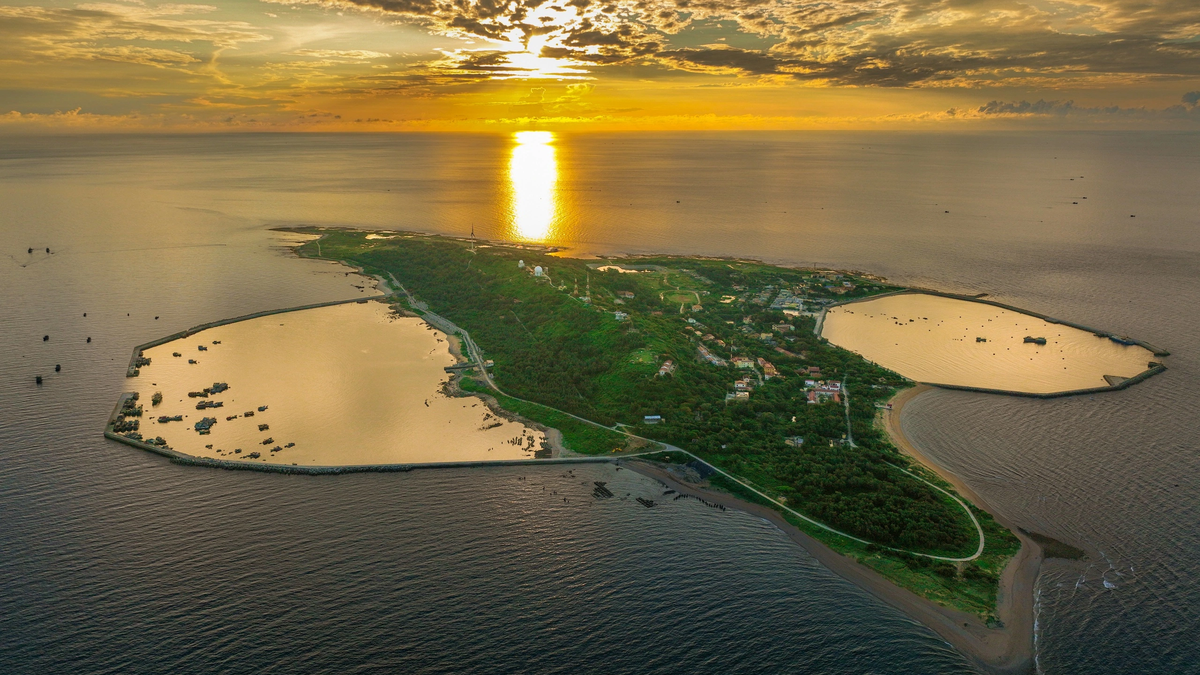
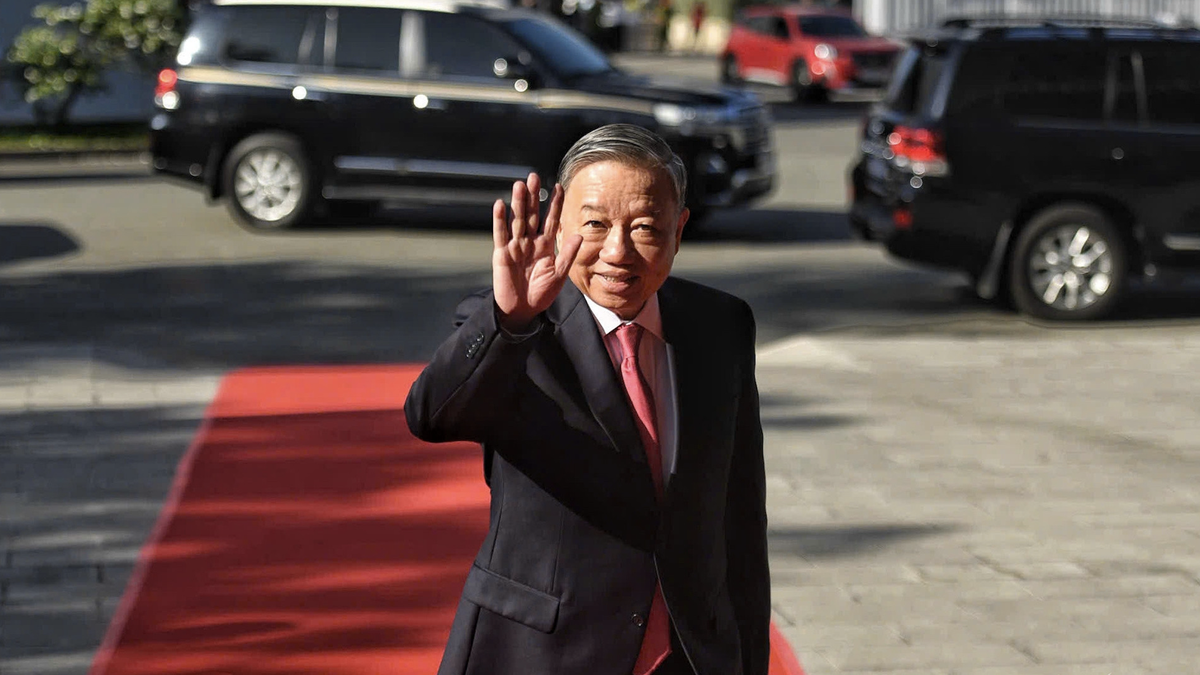
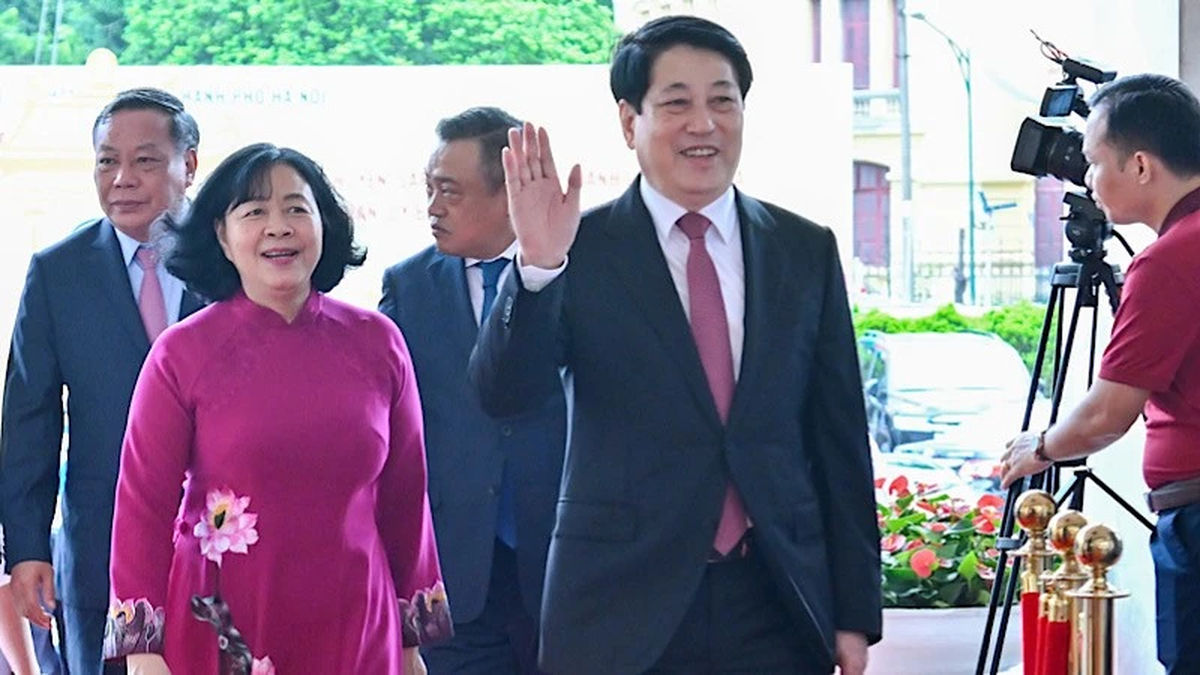
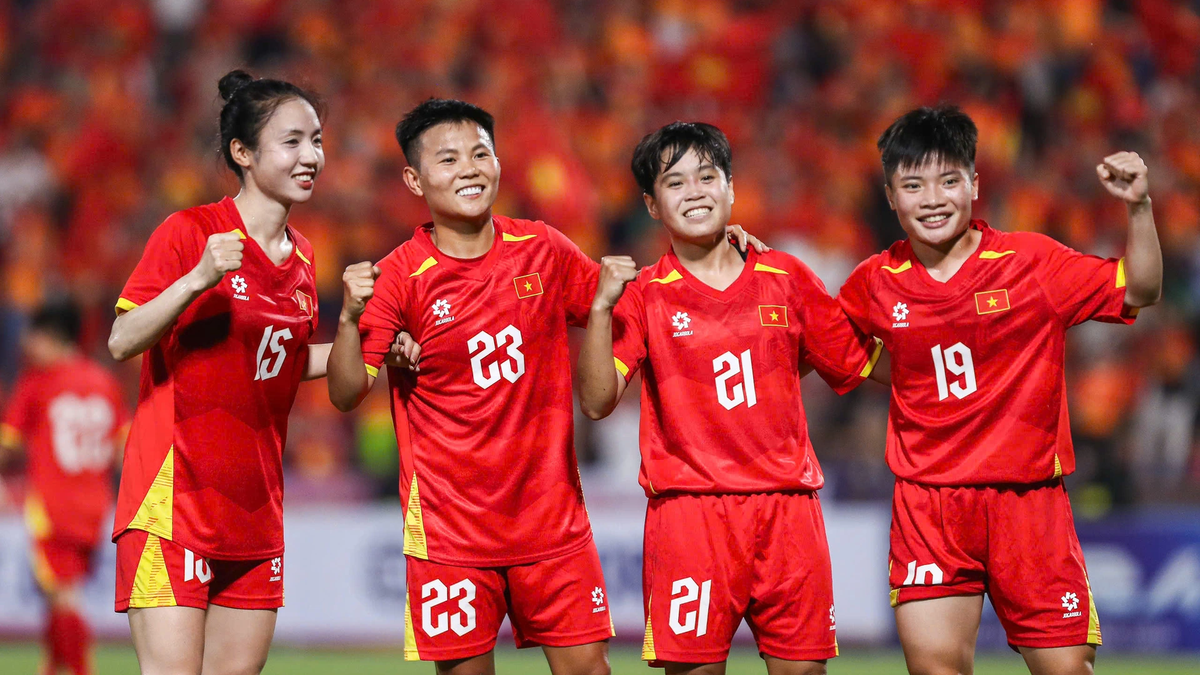
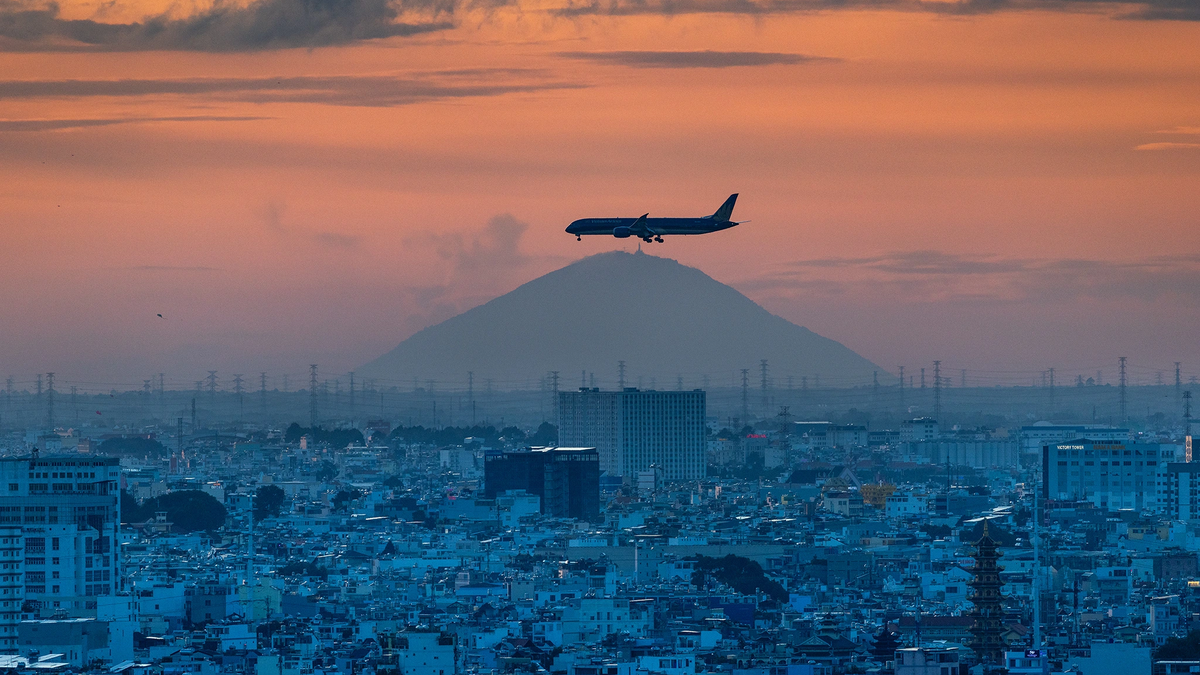


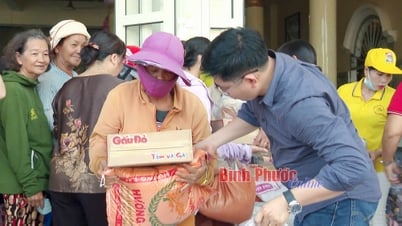

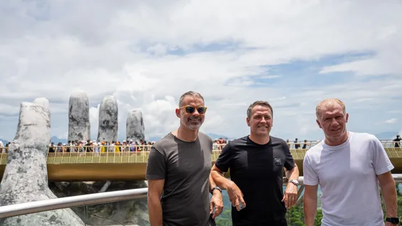



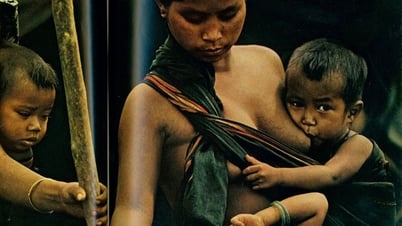


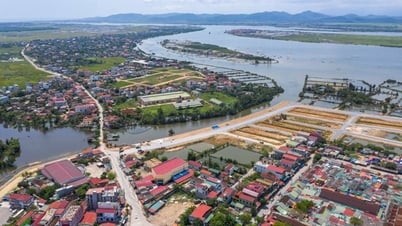

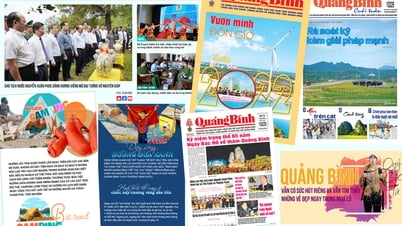
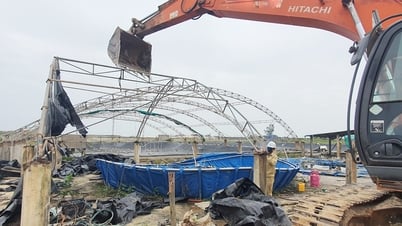
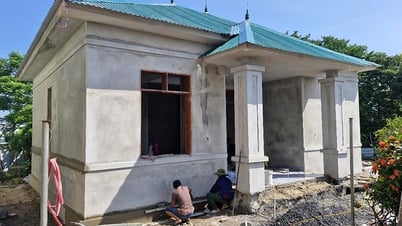
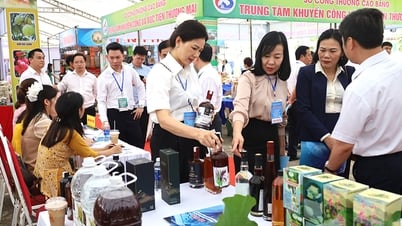





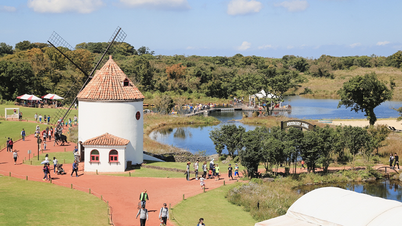
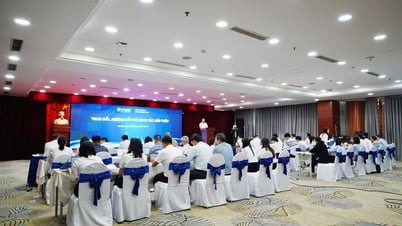
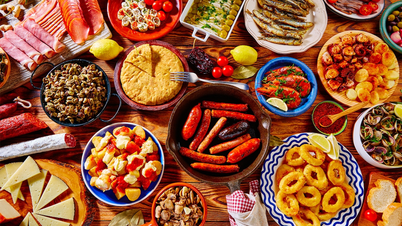
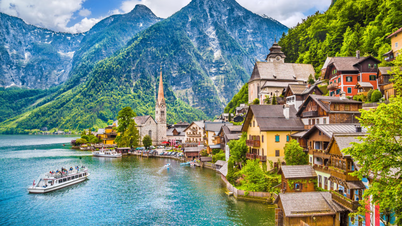
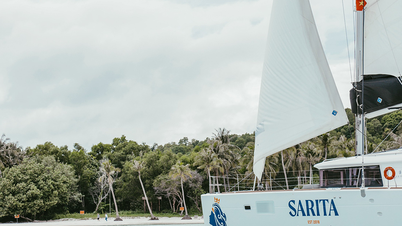
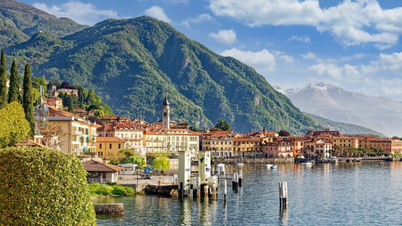


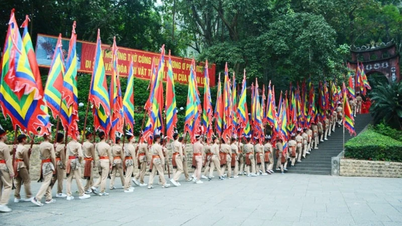

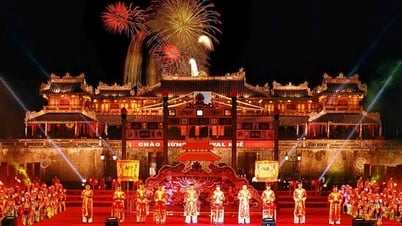

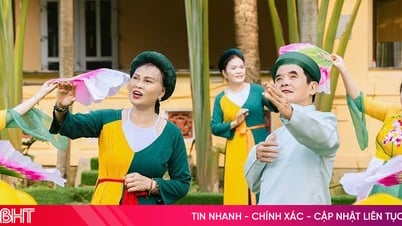




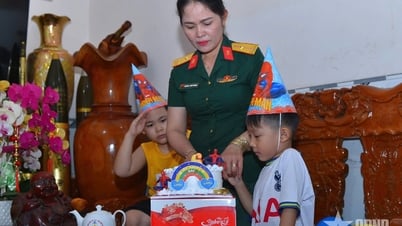
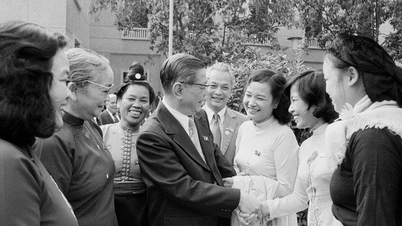
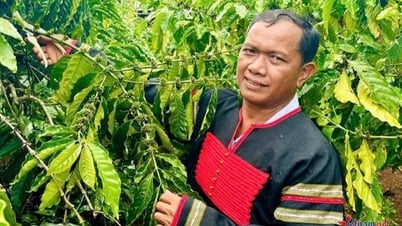

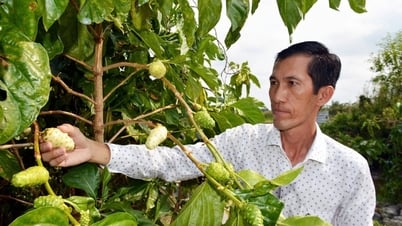

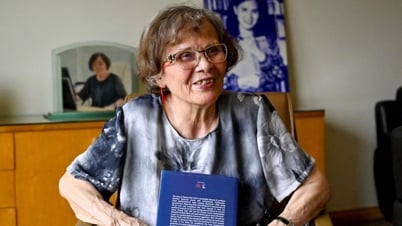





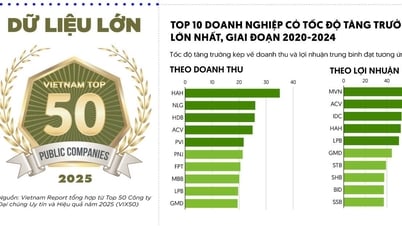



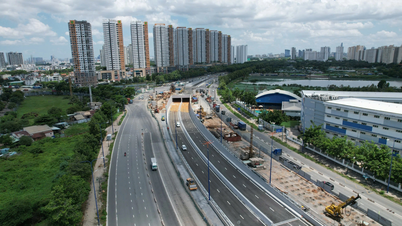

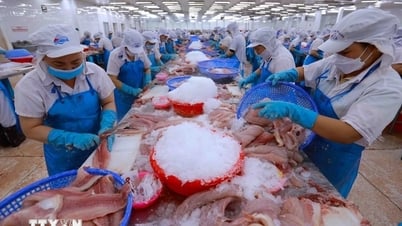

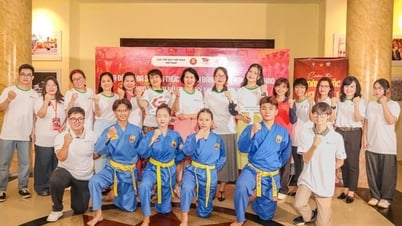



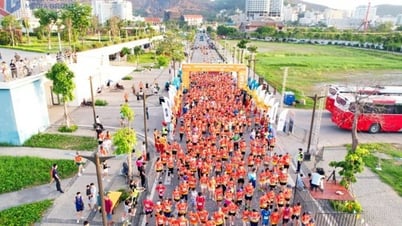
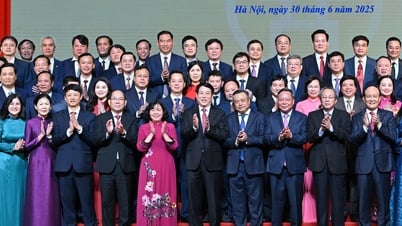

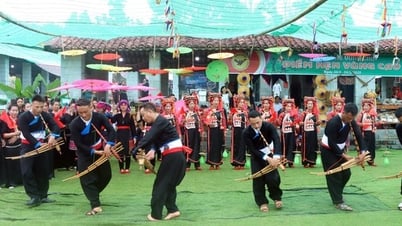
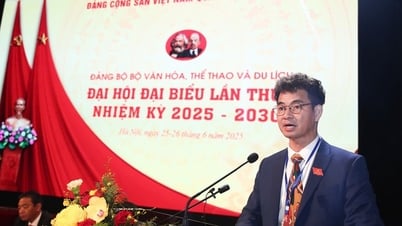
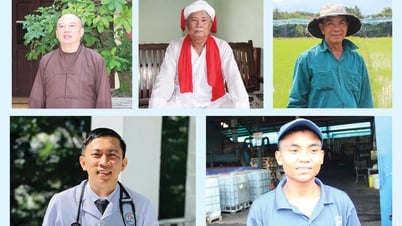

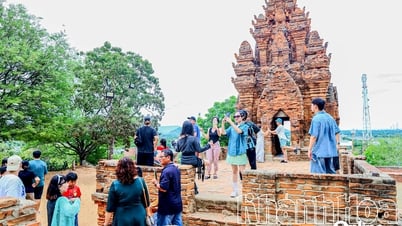
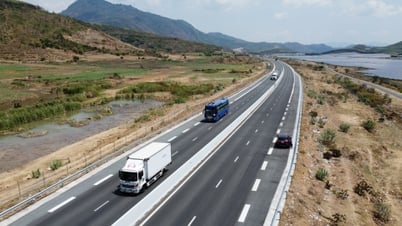
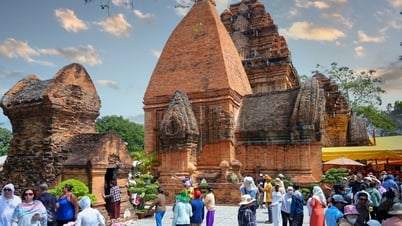
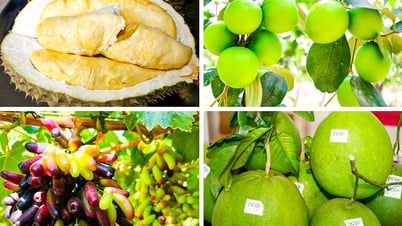













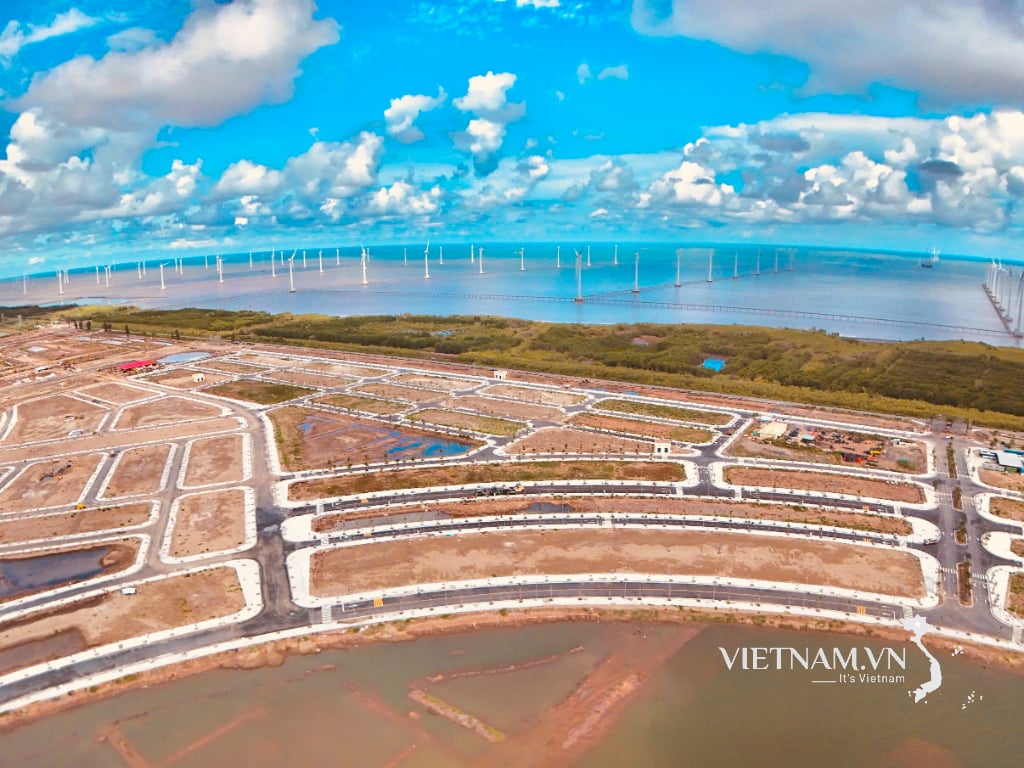
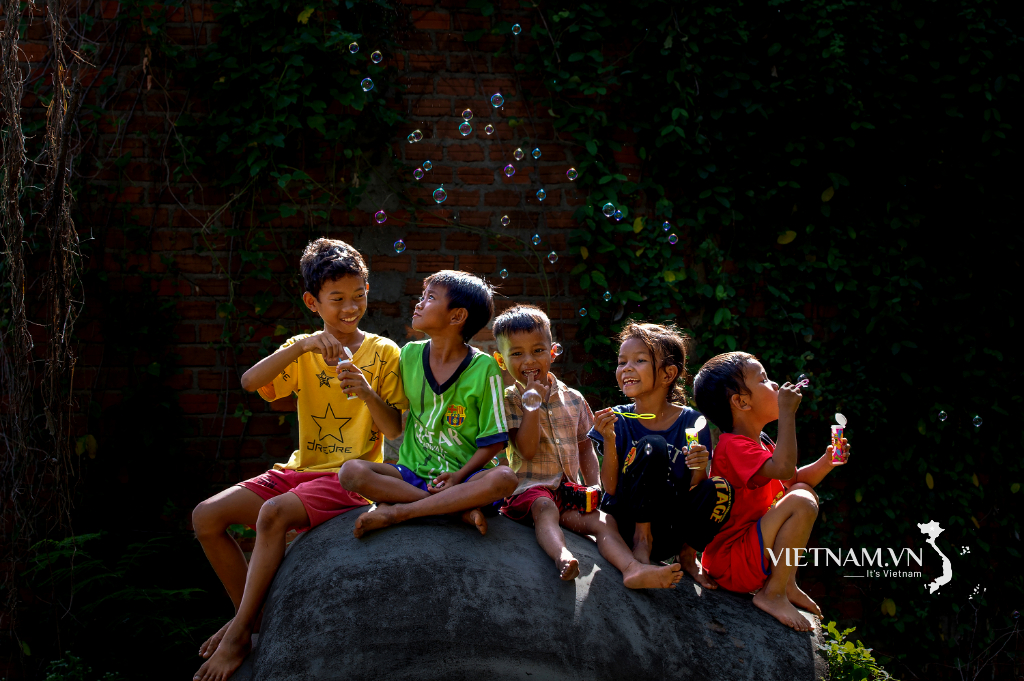

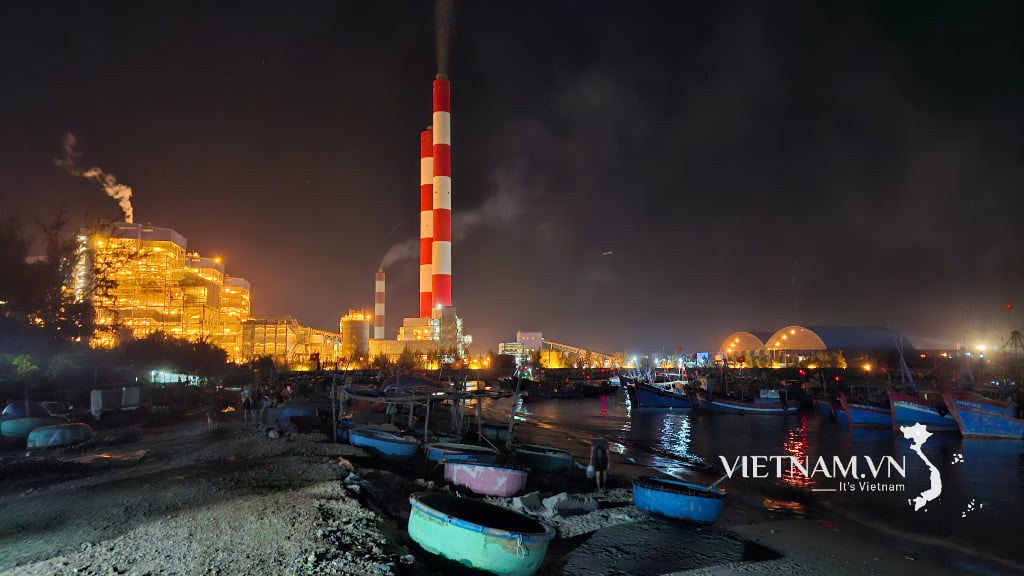
Comment (0)